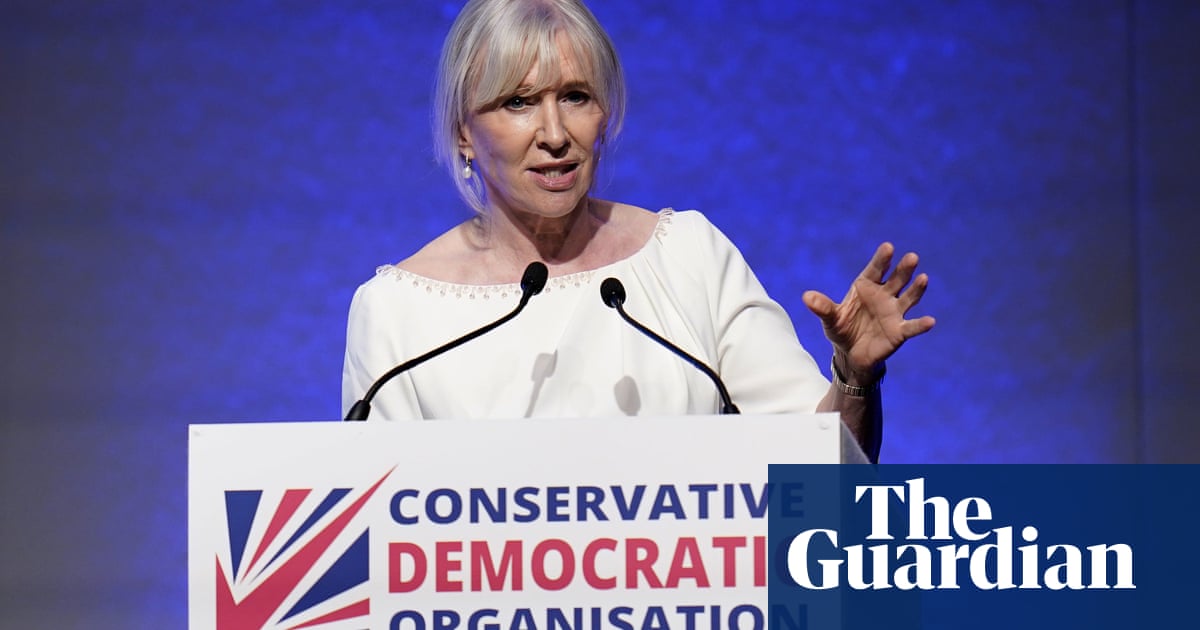
Second-home owners in north Wales will have to pay a 150% council tax premium to tackle the area’s spiralling and “immoral” homelessness crisis.
Councillors in Gwynedd agreed to raise the premium from its current 100% level – so already twice what permanent residents pay – and use the extra £3m it believes it will raise to provide more accommodation for people who are struggling to find a home.
During a heated meeting in Caernarfon, councillors described homeless families facing Christmas living in budget hotels and B&Bs in Gwynedd while wealthy outsiders enjoyed second homes in one of the most scenic parts of the UK.
One councillor said a member of her community had been on the waiting list for social housing for three years and had had to stay in the home where a relative had killed themselves in the living room. Another said increasing the premium showed that Welsh communities were “not for sale”.
Calling the decision “very significant”, Ioan Thomas, the cabinet member for finance on the Plaid Cymru-controlled council, said: “We believe that the basis of a sound economy is an economy where the people of Gwynedd have homes and contribute.”
The homelessness figures were “very alarming”, he said. “We can’t ignore a situation where it is estimated that 1,400 individuals will have presented themselves as homeless by the end of this year – double the number presenting before Covid-19. As a council we will be accommodating over 600 people in temporary accommodation this year, where the figure was about 200 before Covid.”
Until now, the focus of the debate across tourist hotspots in Wales has been second homes pushing up the price of buying houses and flats beyond the reach of local people. Gwynedd is arguing that the knock-on effect of this is to send rental prices soaring and forcing more people into homelessness.
The Welsh government has said councils have the discretion to raise the council tax premiums on second homes to as high as 300%.
Craig ab Iago, the cabinet member for housing, said the idea was not to punish people and said second-home owners were not “monsters”. But he said: “We are in a housing crisis. We’re talking about 200 people plus sleeping in B&Bs. There is a list of more than 3,000 people waiting over three years for a social house.
“We have an immoral situation where there are a number of people with a second home while we have lots of people without any home, bringing up children in Travelodges.”
June Jones, another Plaid Cymru councillor, said: “We have an opportunity to send out the message that we are not for sale.” Her colleague Iwan Huws said: “If you’re lucky enough to own a second home in Gwynedd, the least you can do is play a bit more for the privilege.”
Some councillors who opposed increasing the premium argued at the meeting that it risked driving second-home owners away and damaging the tourism industry.
John Brynmor Hughes, whose ward includes the second-home hotspot of Abersoch, said pubs and restaurants were closing because second-home owners were selling up. “The impact is going to be enormous,” he said.
Anwen Davies claimed plumbers, painters, joiners and gardeners would all be out of pocket if second-home owners left.
Dewi Owen, who represents the seaside village of Aberdovey, where there are 600 second homes, said the council was trying to stop English people from buying second homes in Gwynedd. “When they are here, they spend locally,” he said. “There will be a great loss in many towns where they rely so much on tourism.”












